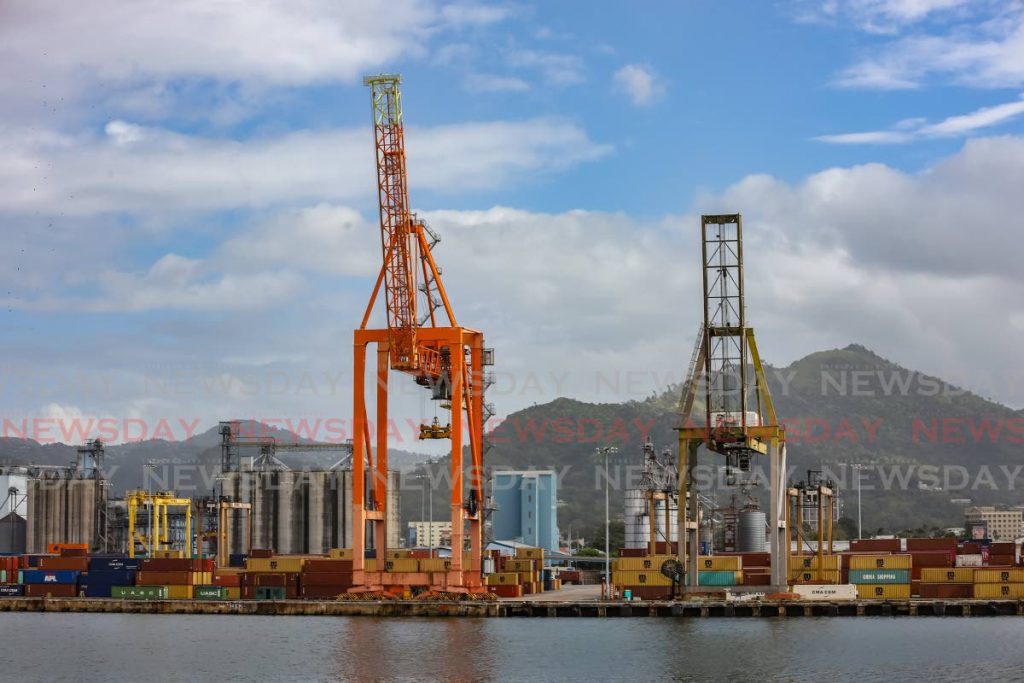Trinidad and Tobago's 2022 budget and the quest for transformation

The 2022 national budget, presented on October 4, forecast a budget deficit of $9.096 billion, which given the pandemic and the resulting economic and social impacts, is not surprising. What is questionable though is the practicality of achieving overall balance on the fiscal accounts by 2024, given our current economic state of affairs.
The Finance Minister alluded to a reduction of transfers and subsidies through measures such as a shifting towards market-based pricing for electricity and water. However, as we continue to borrow to finance current deficits, it will be a balancing act, and it remains to be seen how the country can substantially reduce its expenditure levels, unless there is a drastic upturn in both energy and non-energy revenues.
Given the event of the last 18 months, we should guard against being too reliant on the expected uplift in the energy sector due to the higher energy commodity prices giving a fillip to economic growth. If anything, it will only be able to give us a temporary respite.
The focus on climate change has gained momentum with more companies around the globe making commitments to get to net zero emissions by 2050. We have seen major global energy players commence their transition by setting targets to decrease investment in hydrocarbon by the end of the decade while increasing low carbon investments.
As Vincent Pereira, recently retired president of BHP Trinidad and Tobago stated at the Trinidad and Tobago Chamber of Industry and Commerce’s post-budget analysis on October 5, across the world the pace of the energy transition is increasing. TT needs to be deeply strategic in how it approaches short and medium term activity aimed at transforming the local economy consistent with the energy transition. Countries are now trying to extract and monetise their hydrocarbon reserves expeditiously. This means that competition has increased for already scarce oil and gas investment and as governments attempt to make the taxation regimes more attractive to investors, the rents from the energy sector flowing to the State will likely be reduced.
It is imperative that we do not allow the current rising energy prices to distract us from the need to transform our revenue streams and drive non-energy growth. To encourage growth in the non-energy sector there are many long-standing regulatory, institutional and infrastructural issues which persist that do not properly facilitate business. These include a well functioning port, transparent, predictable and modern customs and excise regime, fair tax administration and the provision of e-government services.
The move to privatise the Port of Port of Spain mentioned in 2020 is still underway, but have we already lost the opportunity to make the port a logistics hub to Jamaica? Already, that country has invested heavily in developing their port infrastructure and has privatised terminal operations. The intention to make VAT refunds current and to regularise the system has been stated in consecutive budget statements but they have not yet materialised. We are left to wait to see whether the establishment of the enforcement division under the amended TT Revenue Authority legislation will have an impact on revenue collection and closing the tax gap. The electronic funds transfer framework to allow payments to be made electronically to the Government has once again found its way into the budget statement without any timeline for completion.
The budget has not made it clear that we have in place what is needed to promptly move ahead with transformative change but rather has signalled that there is much work to be done. From our current position, it seems there will be but a small window of opportunity and we cannot miss the boat…again.
(Submitted by the TT Chamber of Industry and Commerce)


Comments
"Trinidad and Tobago's 2022 budget and the quest for transformation"